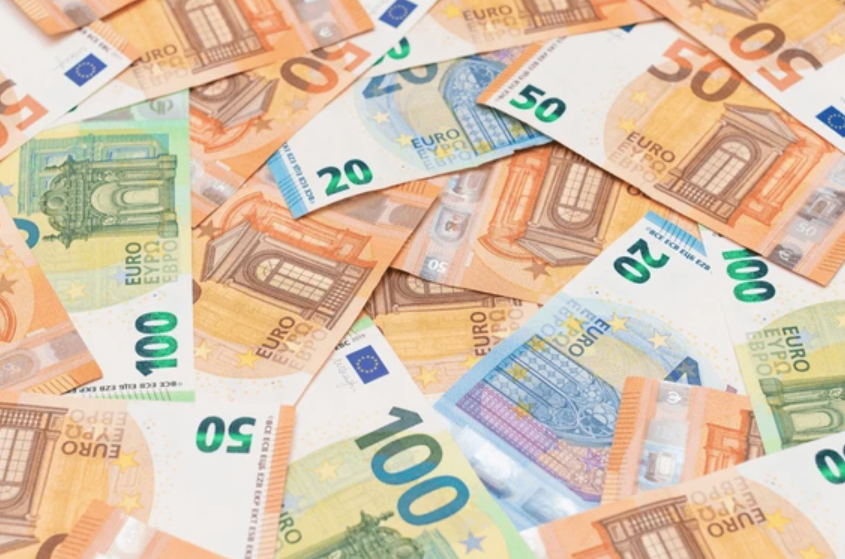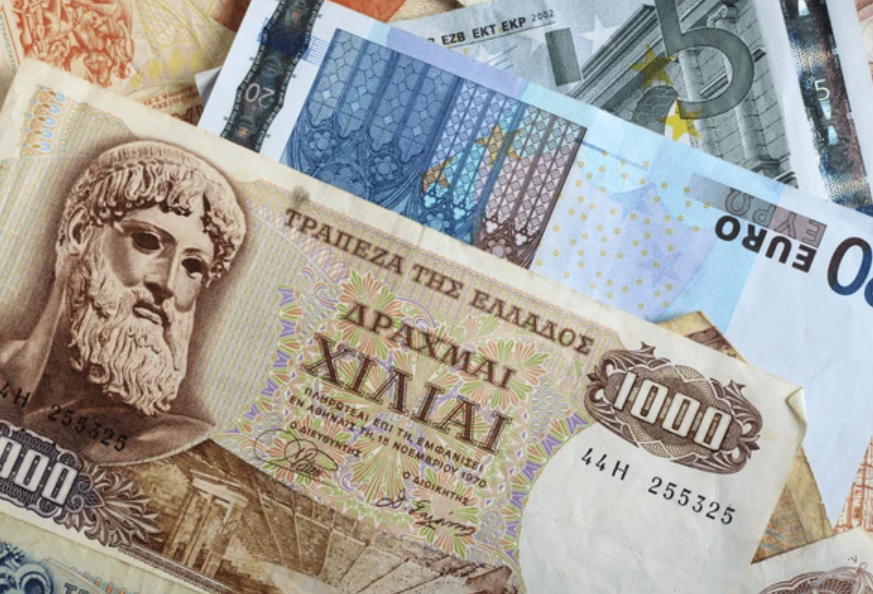Important Information
This website is managed by Ultima Markets’ international entities, and it’s important to emphasise that they are not subject to regulation by the FCA in the UK. Therefore, you must understand that you will not have the FCA’s protection when investing through this website – for example:
- You will not be guaranteed Negative Balance Protection
- You will not be protected by FCA’s leverage restrictions
- You will not have the right to settle disputes via the Financial Ombudsman Service (FOS)
- You will not be protected by Financial Services Compensation Scheme (FSCS)
- Any monies deposited will not be afforded the protection required under the FCA Client Assets Sourcebook. The level of protection for your funds will be determined by the regulations of the relevant local regulator.
Note: UK clients are kindly invited to visit https://www.ultima-markets.co.uk/. Ultima Markets UK expects to begin onboarding UK clients in accordance with FCA regulatory requirements in 2026.
If you would like to proceed and visit this website, you acknowledge and confirm the following:
- 1.The website is owned by Ultima Markets’ international entities and not by Ultima Markets UK Ltd, which is regulated by the FCA.
- 2.Ultima Markets Limited, or any of the Ultima Markets international entities, are neither based in the UK nor licensed by the FCA.
- 3.You are accessing the website at your own initiative and have not been solicited by Ultima Markets Limited in any way.
- 4.Investing through this website does not grant you the protections provided by the FCA.
- 5.Should you choose to invest through this website or with any of the international Ultima Markets entities, you will be subject to the rules and regulations of the relevant international regulatory authorities, not the FCA.
Ultima Markets wants to make it clear that we are duly licensed and authorised to offer the services and financial derivative products listed on our website. Individuals accessing this website and registering a trading account do so entirely of their own volition and without prior solicitation.
By confirming your decision to proceed with entering the website, you hereby affirm that this decision was solely initiated by you, and no solicitation has been made by any Ultima Markets entity.
I confirm my intention to proceed and enter this website Please direct me to the website operated by Ultima Markets , regulated by the FCA in the United Kingdom
Ultima Markets App
Trade Anytime, Anywhere
What Currency Does Greece Use?
Greece uses the euro (EUR, €) as its official currency. It adopted the euro in 2001 and began using euro banknotes and coins in January 2002, replacing the Greek drachma. As a eurozone member, Greece shares the euro with 19 other EU countries, benefiting from stable prices and easier trade.

What Was the Currency in Greece Before the Euro?
Before the euro, Greece used the Greek drachma, one of the world’s oldest currencies with roots dating back to ancient times. The modern drachma was officially reintroduced in 1832, following Greece’s independence from the Ottoman Empire.
In the 20th century, the drachma suffered from high inflation and several redenominations. It was ultimately replaced by the euro at a fixed conversion rate of 340.750 drachmas to 1 euro.

Why Did Greece Change Its Currency?
Greece adopted the euro to strengthen its economy and align with the European Union’s monetary framework. Key reasons for the currency change include:
Economic Stability
Joining the eurozone helped Greece reduce inflation and benefit from lower interest rates, promoting investment and consumer confidence.
Cheaper Access to Capital
With the euro, Greece gained access to European credit markets at favorable terms, leading to a boom in public and private borrowing.
Trade and Tourism Integration
Adopting the euro eliminated exchange rate risk with other EU countries. This boosted exports, imports, and tourism, especially from fellow eurozone members.
Political and Economic Alignment
Switching to the euro signaled Greece’s deeper commitment to European integration, reinforcing its position within the EU and increasing investor confidence.
Currency stability under the euro gave Greece access to long-term EU funding. However, it also removed the country’s ability to devalue its currency during economic crises, a factor that became critical during the 2009 sovereign debt crisis.
Historical Transition from Drachma to Euro
The transition from drachma to euro occurred in well-defined stages:
| Date | Event |
| June 2000 | Euro conversion rate set at €1 = 340.750 GRD |
| Jan 1, 2001 | Greece officially joins the eurozone |
| Jan 1, 2002 | Euro banknotes and coins introduced in Greece |
| Feb 28, 2002 | Drachma ceased to be legal tender |
The Bank of Greece oversaw the currency change, and commercial banks facilitated the nationwide transition with minimal disruption.
Impact of Currency Change on Greece
Boost in Growth, Then Crisis
After adopting the euro, Greece experienced a surge in economic growth, fueled by easy credit and investment. However, excessive borrowing led to unsustainable debt levels, culminating in the Greek debt crisis in 2009.
Loss of Monetary Autonomy
As a eurozone member, Greece no longer controls its monetary policy. Decisions on interest rates and money supply are made by the European Central Bank (ECB). This limited Greece’s ability to respond independently during economic downturns.
Effect on Tourism and Trade
- Tourism: The euro made Greece more accessible to EU travelers, increasing arrivals and revenue.
- Trade: Businesses benefited from simpler transactions within the single market, though Greece lost flexibility in adjusting its exchange rate to improve export competitiveness.
Is Greece Still Using the Euro Today?
Yes, Greece continues to use the euro. Despite severe austerity and financial hardship during the 2010s, there was no official plan to exit the eurozone. Returning to the drachma was considered but rejected due to fears of hyperinflation and capital flight.
Today, the euro provides:
- Price transparency across EU countries
- Investor confidence backed by EU support mechanisms
- Seamless business operations with other eurozone members
Conclusion
Greece’s adoption of the euro was a turning point in its economic history, integrating the country into the broader eurozone and reshaping its monetary policy framework. While the euro brought greater stability, investment, and trade efficiency, it also removed the ability to adjust monetary tools during crises, making Greece more vulnerable to external economic shocks.
At Ultima Markets, understanding the impact of currency transitions like Greece’s shift from the drachma to the euro helps traders assess macroeconomic risks, euro volatility, and cross-border investment opportunities. For informed trading decisions in eurozone-related assets, Ultima Markets provides the tools, insights, and real-time data you need to stay ahead in today’s dynamic forex environment.
Disclaimer: This content is provided for informational purposes only and does not constitute, and should not be construed as, financial, investment, or other professional advice. No statement or opinion contained here in should be considered a recommendation by Ultima Markets or the author regarding any specific investment product, strategy, or transaction. Readers are advised not to rely solely on this material when making investment decisions and should seek independent advice where appropriate.












